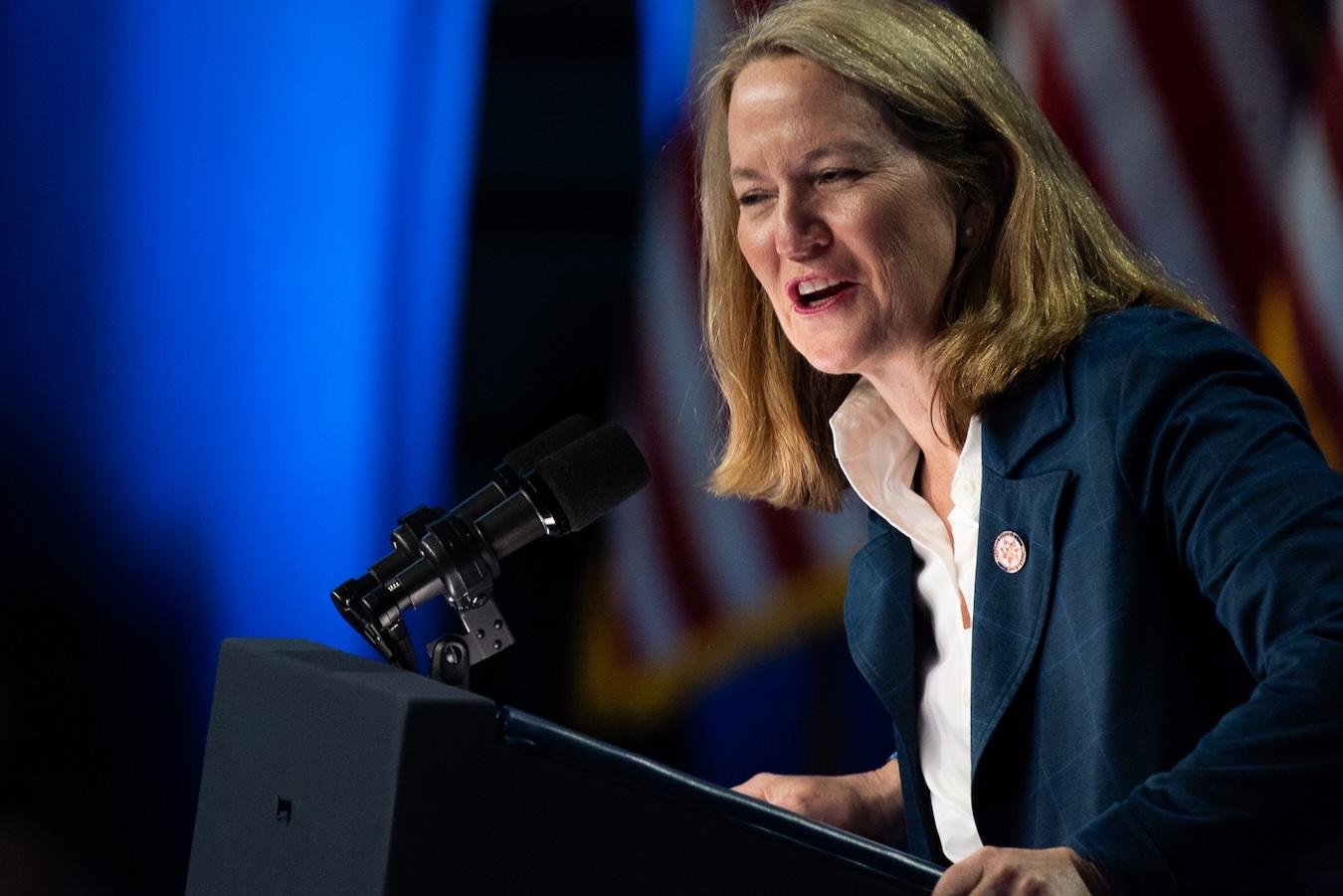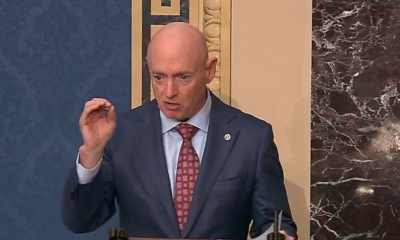Business
Arizona AG Takes Action Against GlaxoSmithKline for Allegedly Endangering Asthma Patients and Dodging Medicaid Payments

Arizona Attorney General Kris Mayes has initiated legal action against GlaxoSmithKline (GSK), alleging that the drug manufacturer engaged in “deceptive and unfair” practices that jeopardized consumer safety. The lawsuit centers on claims that GSK discontinued its widely prescribed asthma medication Flovent, only to replace it with a chemically identical product under a different name to sidestep Medicaid rebate obligations tied to its inflated pricing.
“GSK essentially just renamed Flovent,” Mayes stated in the formal complaint. The lawsuit aims to establish that GSK violated the Arizona Consumer Fraud Act, seeking both an injunction against the sale of the new drug at inflated prices and maximum penalties of up to $10,000 for each violation.
“GSK prioritized corporate profits over the well-being of Arizona families,” Mayes declared. He criticized the company’s tactics, noting that their actions have left many patients without access to essential medication, resulting in increased emergency room visits and potentially avoidable deaths.
GSK, a British multinational pharmaceutical corporation, ranks among the top ten largest pharmaceutical companies globally. It specializes in various medical fields, including respiratory diseases, HIV, and oncology.
Flovent was a key product for GSK, relied on by millions, including over one million Arizonans suffering from asthma. Over time, the price of Flovent escalated significantly, far exceeding inflation rates, generating billions for the company from both Medicaid and private consumers. Currently, the Flovent HFA inhaler 110mcg is priced at $337.77, and the Flovent Diskus inhaler 100mcg at $264.26, according to GoodRX data referenced by ABC News.
The Medicaid Prescription Drug Rebate Program, established in 1990, mandates that drug manufacturers rebate to Medicaid any price increases beyond inflation. This aims to deter excessive price hikes. A recent change enabled by the American Rescue Plan eliminated the cap on these rebates, potentially forcing GSK to repay more than it would earn from future sales of Flovent.
On January 1, 2024, coinciding with the removal of the rebate cap, GSK stopped producing Flovent and introduced Fluticasone Propionate, a generic version. By presenting this rebranded product as new, GSK was able to avoid its rebate obligations related to the historical pricing of Flovent, thus relieving itself of any legal or financial repercussions.
The attorney general emphasized that GSK’s choice to reclassify the drug enabled the company to maintain high prices while avoiding taxpayer obligations under Medicaid, resulting in a direct burden on families. He criticized GSK for not reducing Flovent’s price in light of excessive price increases since its introduction, instead opting to simply rename the drug.
Following the discontinuation of Flovent, many patients lost insurance coverage, leading to a reported 17.5% spike in asthma-related hospitalizations in Arizona shortly thereafter, with a further 24.1% increase observed in the subsequent months, according to Epic Research.
Healthcare professionals corroborated these trends, with Dr. Rahul Chawla from Banner Thunderbird Medical Center noting a rise in severe asthma cases among pediatric patients who could no longer access their critical medication. “We witnessed the negative impact of this on our pediatric patients in the Emergency Department and Pediatric Intensive Care Unit,” he remarked.
As of the time of reporting, GlaxoSmithKline had not provided any comment regarding the lawsuit. When asked about the lawsuit’s prospects, Mayes’ office declined to elaborate on ongoing litigation, adhering to a policy against discussing active cases.


















